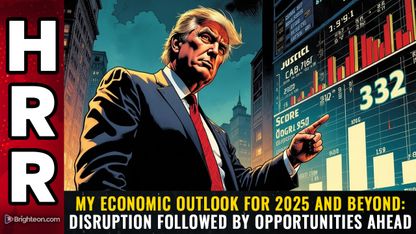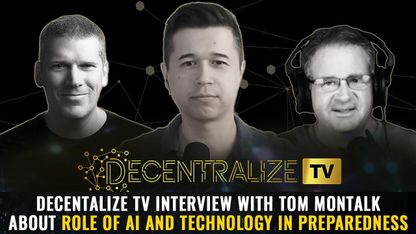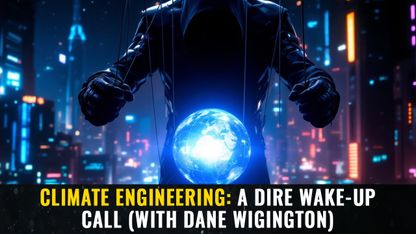
(Article by David Catron republished from Spectator.org)
Among the analysts who question the legitimacy of Biden’s victory is Dr. Navid Keshavarz-Nia, a cybersecurity expert whose technical expertise was touted by the New York Times last September and who has been described as a hero in the Washington Monthly. It’s unlikely that either publication will be singing his praises for his work pursuant to the recent election. His damning analysis of the electronic manipulation of votes that occurred in the early hours of November 4 appears in a sworn affidavit included with C.J. Pearson v. Kemp, a lawsuit filed by Attorney Sidney Powell in the U.S. District Court for the Northern District of Georgia. His nine-page affidavit (Exhibit 26) describes how it is possible to manipulate votes, where this occurred, and sums up his findings as follows:
I conclude with high confidence that the election 2020 data were altered in all battleground states resulting in hundreds of thousands of votes that were cast for President Trump to be transferred to Vice President Biden. These alterations were the result of systemic and widespread exploitable vulnerabilities in DVS, Scytl/SOE Software and Smartmatic systems that enabled operators to achieve the desired results. In my view, the evidence is overwhelming and incontrovertible.
Dr. Keshavarz-Nia is by no means the only expert to reach the conclusion that widespread vote-tampering occurred. This examination of the election results, for example, uses quantitative analysis to identify some very odd anomalies in the 2020 vote patterns. But it isn’t necessary to be a sophisticated statistician or cybersecurity expert possessed of arcane knowledge of how voting machines operate to see that enough ballot fraud occurred to change the election results in several states. That Keshavarz-Nia provides his findings in a sworn affidavit, under penalty of perjury, renders him highly credible. Still, his conclusions are rather opaque to anyone without an enormous amount of training and experience in his field. This requires many of us to take what he says on faith.
Read more at: Spectator.org
Please contact us for more information.






















